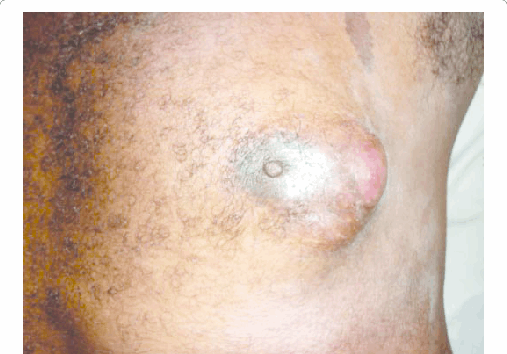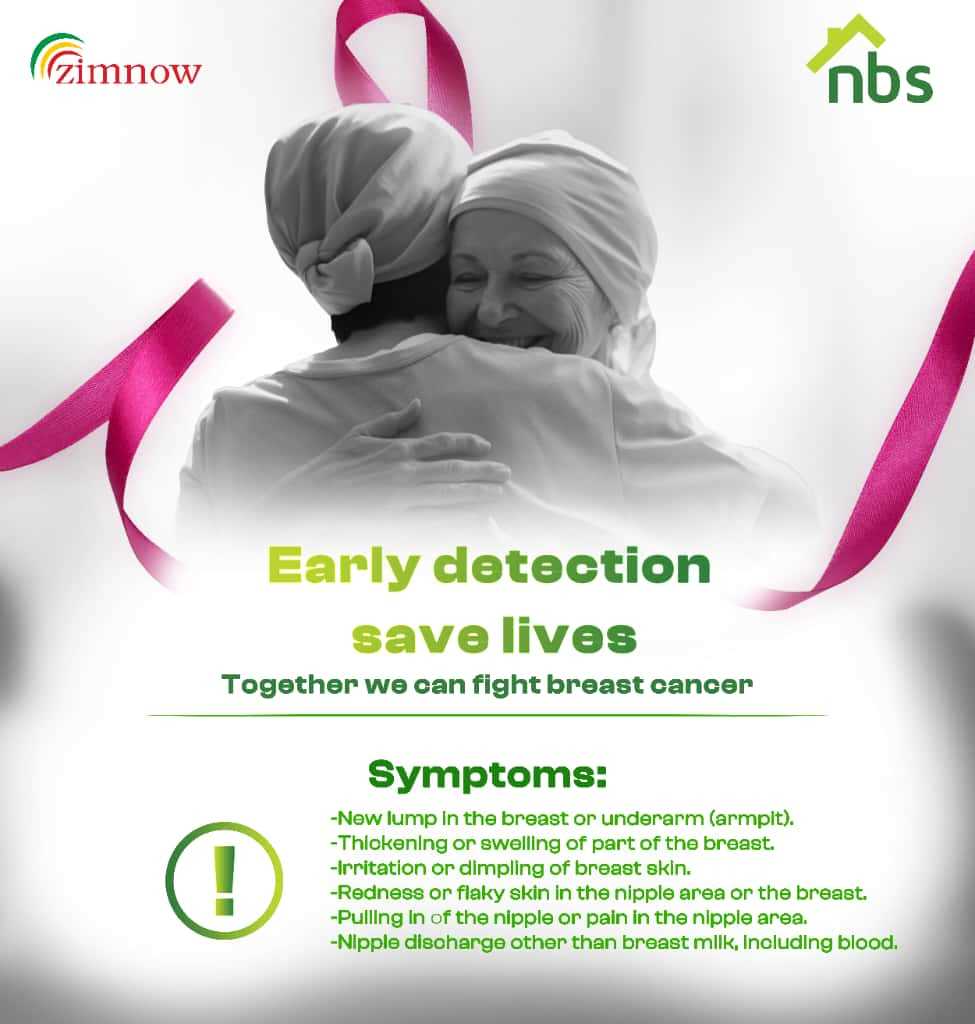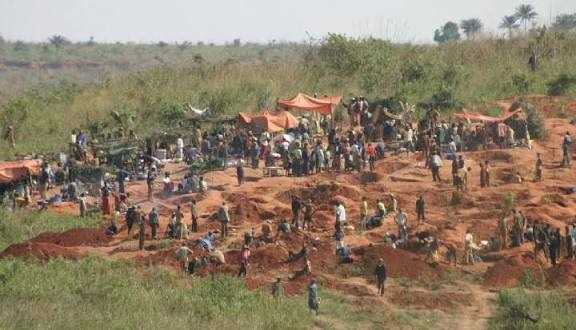
In a world where breast cancer is predominantly associated with women, many men continue to overlook their own risk often dismissing the disease as exclusively female. This widespread misconception persists despite growing evidence that male breast cancer, though rare, is a real and potentially life-threatening condition.
With 0.9% of Zimbabwean men affected, experts are calling for increased awareness, early screening, and the dismantling of stigma that prevents men from seeking timely diagnosis and treatment.
When Mandla Gumbo, 75, of Buhera discovered a tender red lump on his chest, he dismissed it and carried on with his life.
“Ndakangofunga kuti kabundu kemota,” Gumbo said. He waited for the boil to develop so he could express the pus and be rid of it.
“To my surprise after few weeks there was no pus as I expected,” Gumbo said. He went to hospital and was referred for further examinations.
“I had a shocking revelation after I had a mammogram and the doctors said: ‘You have breast cancer’. I could not believe my ears,” he said.
It was even more traumatic to share with his loved ones.
“Breaking the news to the family was the hardest part I have ever had in my life but I also had to be strong for my family. I’m truly grateful for my family as they showed me love throughout my journey,” he said.
Related Stories
Gumbo says his family came through for him rendering unstinting support emotionally and financially to cover hospital bills.
Gumbo says it took 12 chemotherapy sessions until he was declared cancer free.
Statistics from Hospice and Palliative Care Association in Zimbabwe shows that in Zimbabwe breast cancer is the second most common cancer found in women, accounting for 13.5 % after cervical cancer, men are also at risk.

According to 2017 cancer registry report 28 cases of breast cancer were of males.
Breast cancer symptoms in men include painless lump or thickening in the breast tissue, changes to the covering the breast, dimpling of the breast, puckering, redness and discharge from the nipple.
Lovemore Makurirofa, the Information Research and Evaluation Officer, Cancer Association of Zimbabwe advised men to take part in the breast Cancer screening regularly for early detection and treatment.
“Breast cancer in men and women is the same although men are usually in denial…. Usually by the time they come for screening it will be too late.
Makurirofa said breast cancer can be treated using surgery, chemotherapy, radiotherapy, targeted therapy, and hormone treatment.
Despite struggling with the treatment’s side effects, Gumbo is grateful to be a survivor as he celebrates a year of being cancer free.
He has become a breast cancer and male health champion: “I would like to advise men to develop health seeking behaviour as it helps reduces risks of cancer and all other diseases.”
Editor’s note: Mandla Gumbo consented to use of his real name but declined to have his image published.
This article is published under the NBS–Zim Now Cancer Awareness Partnership, a joint initiative to spotlight prevention, early detection, and treatment support across Zimbabwe. Together, we are amplifying the conversation around one of the country’s most pressing health challenges — because awareness saves lives. Let's work together to create impactful health communication and community empowerment.




















Leave Comments